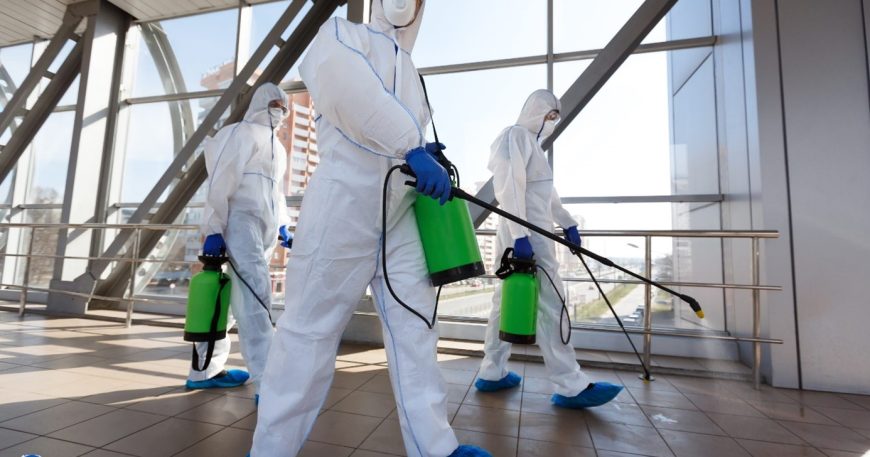Introduction:
In the agricultural heartlands of Iraq, a crucial practice is unfolding to protect crops and commodities — fumigation. This article delves into the vital role that fumigation plays in ensuring the quality and safety of agricultural produce in Iraq, contributing to food security and economic stability.
The Agricultural Landscape of Iraq:
Iraq’s agricultural sector is diverse, contributing significantly to the nation’s economy and sustenance. Fumigation has become an integral part of agricultural practices, safeguarding crops from pests and diseases that could jeopardize yields and impact the livelihoods of farmers.

The Essence of Fumigation:
Fumigation is a pest control method that involves the use of fumigants to eliminate or manage pests in stored products or structures. In Iraq, where agriculture is a cornerstone of the economy, fumigation is employed to protect stored grains, pulses, and other commodities from infestations that could compromise their quality.
Fumigation Methods in Iraq:
Various fumigation methods are employed in Iraq, ranging from traditional practices to modern, controlled atmosphere fumigation. These methods are tailored to the specific needs of different crops and commodities, ensuring effective pest control while minimizing environmental impact.
Adapting to Iraqi Agricultural Diversity:
Iraq’s agriculture is marked by diversity, with various regions cultivating different crops. Fumigation practices are designed to adapt to this diversity, offering tailored solutions to combat specific pests and diseases that may threaten the integrity of crops such as wheat, barley, and dates.
Sustainable Pest Management in Iraq:
As global agriculture shifts towards sustainable practices, Iraq is incorporating eco-friendly pest management strategies. Fumigation, when applied judiciously, contributes to sustainable pest control by minimizing the need for chemical interventions and ensuring the safety of agricultural produce.
Overcoming Agricultural Challenges in Iraq:
Iraqi agriculture faces challenges such as climate variability and the threat of pests that can significantly impact yields. Fumigation serves as a strategic tool, empowering farmers to protect their harvests and preserve the quality of crops, thereby contributing to the resilience of the agricultural sector.
Innovation and Agricultural Resilience in Iraq:
The integration of modern fumigation practices represents not only a technological upgrade but a commitment to resilience. These practices contribute to increased yields, improved food safety, and overall economic stability in Iraq’s agricultural communities.

Conclusion:
In the fields and storage facilities of Iraq, fumigation stands as a guardian of prosperity, ensuring that crops reach consumers in optimal condition. As Iraq continues to navigate the complexities of agriculture, fumigation remains a key player in the quest for food security and sustainable practices.


